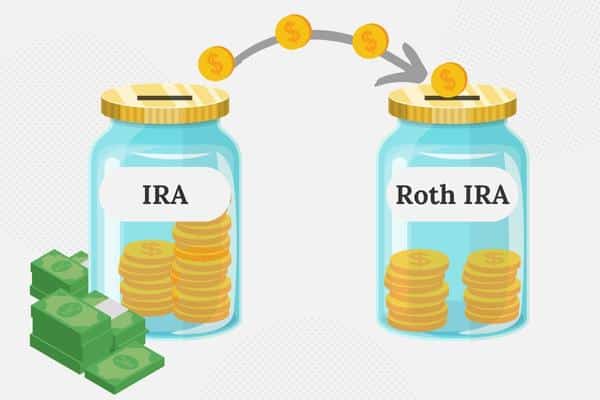Some employers offer 401(k) plan participants the opportunity to make Roth 401(k) contributions. A Roth 401(k) is simply a traditional 401(k) plan where contributions are not tax deductible, but have long-term tax deferral benefits. If you’re fortunate to have a Roth 401(k) option available, Roth contributions could play an important role in maximizing your retirement income.
Roth 401(k) contributions are made on an after-tax basis, just like Roth IRA contributions. This means there’s no up-front tax benefit. But if certain conditions are met, your Roth 401(k) contributions and all accumulated investment earnings on those contributions are free from federal income tax when distributed from the plan. 403(b)and 457(b) plans can also allow Roth contributions.
Who Can Contribute?
Unlike Roth IRAs, where individuals who earn more than a certain dollar amount aren’t allowed to contribute, you can make Roth 401(k) contributions regardless of your salary level as soon as you’re eligible to participate in the plan.
How Much Can I Contribute?
There’s an overall cap on your combined pre-tax and Roth 401(k) contributions that changes annually if inflation rises. You can allocate all of your contribution to either the Roth 401(k) or the traditional 401(k), or a combination of the two options. Your financial advisor can guide you on recommended levels and types of contributions.
Keep in mind, however, that if you also contribute to another employer’s 401(k), 403(b), SIMPLE, or SAR-SEP plan, your total contributions to all of these plans — both pretax and Roth — can’t exceed the maximum limit. It’s up to you to make sure you don’t exceed these limits if you contribute to plans of more than one employer.
Should I Make Pretax or Roth 401(k) Contributions?
When you make pretax 401(k) contributions, you don’t pay current income taxes on those dollars (which means more take-home pay). However, your contributions and investment earnings are fully taxable when you receive a distribution from the plan. In contrast, Roth 401(k) contributions are subject to income taxes up front, but qualified distributions of your contributions and earnings are entirely free from federal income tax.
The best option for you depends upon your personal situation. If you think you’ll be in a similar or higher tax bracket when you retire, Roth 401(k) contributions may be more appealing. However, if you think you’ll be in a lower tax bracket when you retire, pretax 401(k) contributions likely make more sense. Your investment horizon and projected investment results are also important factors. A financial professional can help you determine which course is best for you.
Can I Also Contribute to a Roth IRA?
Yes. Your participation in a Roth 401(k) plan has no impact on your ability to contribute to a Roth IRA. You can contribute to both if you wish (assuming you meet the Roth IRA income limits that apply to Roth IRA accounts).
Are Distributions Really Tax-Free?
Roth 401(k) contributions are always free from federal income tax when distributed from the plan because they are made on an after-tax basis. However, the investment earnings in your Roth 401(k) account are tax-free only if you meet the requirements for a “qualified distribution.”
In general, a distribution is qualified if it satisfies both of the following:
- The distribution is made after the end of a five-year waiting period.
- The distribution occurs after you turn 59½, become disabled, or die.
The five-year waiting period for qualified distributions starts with the year you make your first Roth contribution to your employer’s 401 (k) plan.
Note: If you change employers and roll over your Roth 401(k) account from your prior employer’s plan to your new employer’s plan, the five-year waiting period starts instead with the year you made your first contribution to the earlier plan.
If a distribution from your Roth isn’t qualified (for example, if you receive a payout within the five-year waiting period), the portion of your distribution that represents investment earnings will be taxable. Furthermore a 10% early distribution penalty will apply unless you’re 59½ or another exception applies.
What About Employer Contributions?
While employers don’t have to contribute to 401(k) plans, many will match all or part of your contributions. Your employer can match your Roth contributions, your pretax contributions, or both. The employer may give the option of having this match contributed to your pretax balance or Roth balance. Any pretax matching amounts will be fully taxable upon future distribution.
The SageVest Wealth Management advisory team uses sophisticated modeling and explores a variety of ‘what-if’ scenarios when developing individualized retirement plans. Tax considerations are always integral, looking at your current and projected taxable income. Please contact us for more information.




